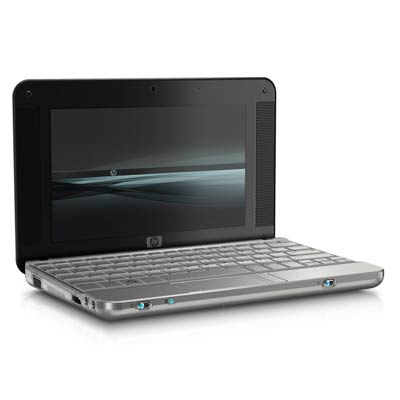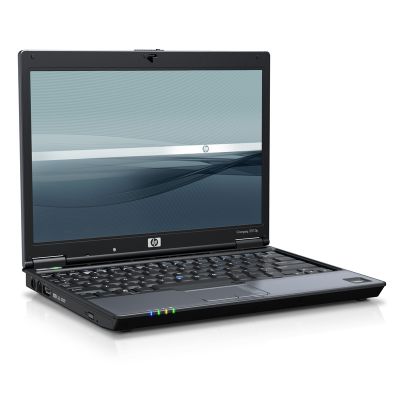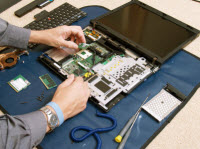One (Poor Dad) believed, “Our home is our largest investment and our greatest asset.” The other (Rich Dad) believed, “My house is a liability, and if your house is your largest investment, you’re in trouble.” – From the book Rich Dad, Poor Dad by Robert T. Kiyosaki
 Two articles last week: one worries whether how long the free fall of home prices to continue and the other worries what if they don’t bounce back after hitting the bottom. Both made me wonder if home ownership is not such a good thing after all. That house is not an asset, and is in fact a liability. Through fall in valuation, interest on mortgage, property taxes, maintenance expenses, depreciation we pay month after month. It drains our cash flow in all the years of ownership. It precludes us from looking for other, better investment opportunities. It neither rewards us financially nor emotionally.
Two articles last week: one worries whether how long the free fall of home prices to continue and the other worries what if they don’t bounce back after hitting the bottom. Both made me wonder if home ownership is not such a good thing after all. That house is not an asset, and is in fact a liability. Through fall in valuation, interest on mortgage, property taxes, maintenance expenses, depreciation we pay month after month. It drains our cash flow in all the years of ownership. It precludes us from looking for other, better investment opportunities. It neither rewards us financially nor emotionally.
I couldn’t agree more with the author of this book when he says for most people buying a nice home is an emotional thing and I can also vouch for it from personal experience. I put all my savings and took on some debt to buy my spanking new apartment when I was young. Subsequently I had to let go of so many better investment opportunities as well as sacrificing even some simple pleasures of life like taking vacations, going for movies, etc just so I can service this debt and give myself the emotional high of home ownership. I even skimped on clothes to save a few dollars.
What is worse, you may not believe this, pursuing my career, I moved from city to city and never once, (I repeat, not even once) did I get an opportunity to sleep in my own apartment. As soon as the apartment was finished and the builder handed over the keys to me, I gave them to my new tenant collecting the rental deposit, and off I was on my way. I thought to myself, while I am paying the mortgage, the tenant builds up part of my home equity month after month. I patted myself on being such a genius.
|
|
I never took into consideration the risks involved:
- What if my tenant doesn’t pay the rent just for a month?
- Or skips paying rent for months in a row and vacates without notice?
- While vacating, if he does any damage to the property, how much would it to cost to fix?
- Or worse still what if he refuses to pay and refuses to vacate either?
- What would be the legal costs of vacating the errant tenant?
- And how long would it take?
Luckily for me no such thing happened. And I got out of this debt by selling my apartment in the boom time at nearly 4 times the price I bought. Still the real price I paid in terms of missed opportunities, and the enormous stress I underwent month after month paying my mortgage wouldn’t compare for the fleeting pride of home ownership.
Just having bought once only and sold it a few years later doesn’t qualify me as a real estate consultant. However believe me this one experience of having bought and sold a piece of real estate will stand me a lifetime. I believe I am qualified to ask you a few questions:
- While it is reasonable to expect to have a roof over our heads, do you really have to own the roof?
- If you decide to own your house are you willing to take on a mortgage for the next 30 years? I remember in one of the episodes (Office Olympics, Season2, Episode3 of the TV Sitcom Office(US)) when Michael buys his condo his assistant Dwight Schrute reminds us that Michael is really buying an expensive coffin.
- Are you willing to stay tied to your house and let go of other lucrative investment opportunities.
- Or are you willing to let go of many brilliant career moves that may be rewarding many times over in the long run just because you can’t move out of your house or city.
- If after all this you decide to own it, should it really be new? Can’t you settle for an old or refurbished house in a good neighborhood that comes at a bargain or throwaway price?
When someone buys a house for just $101/- at an auction (as the second article says), then the price is right for me.







